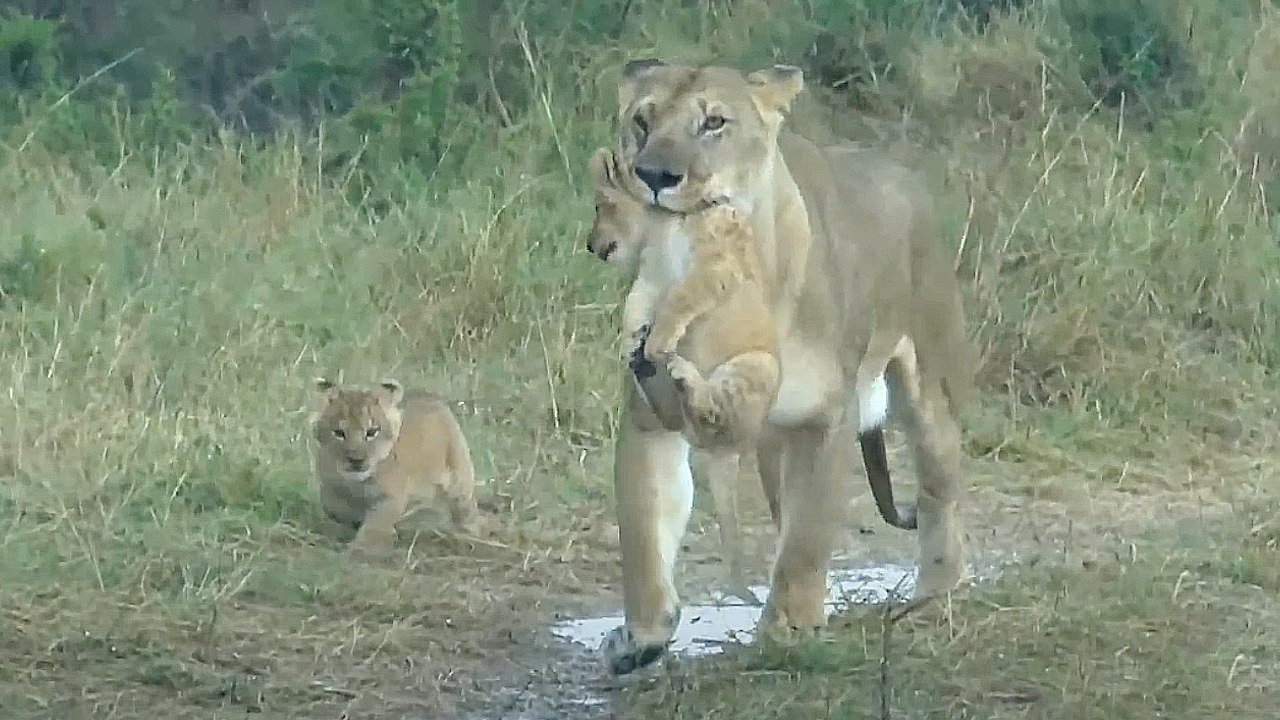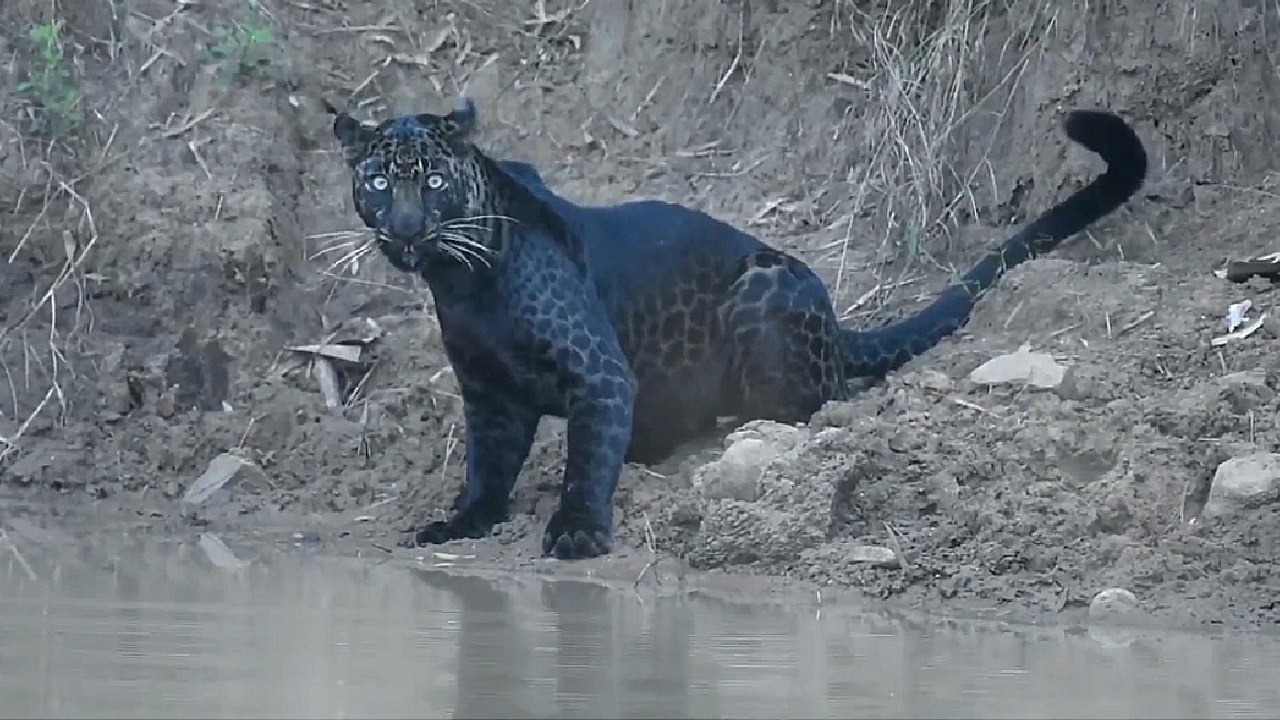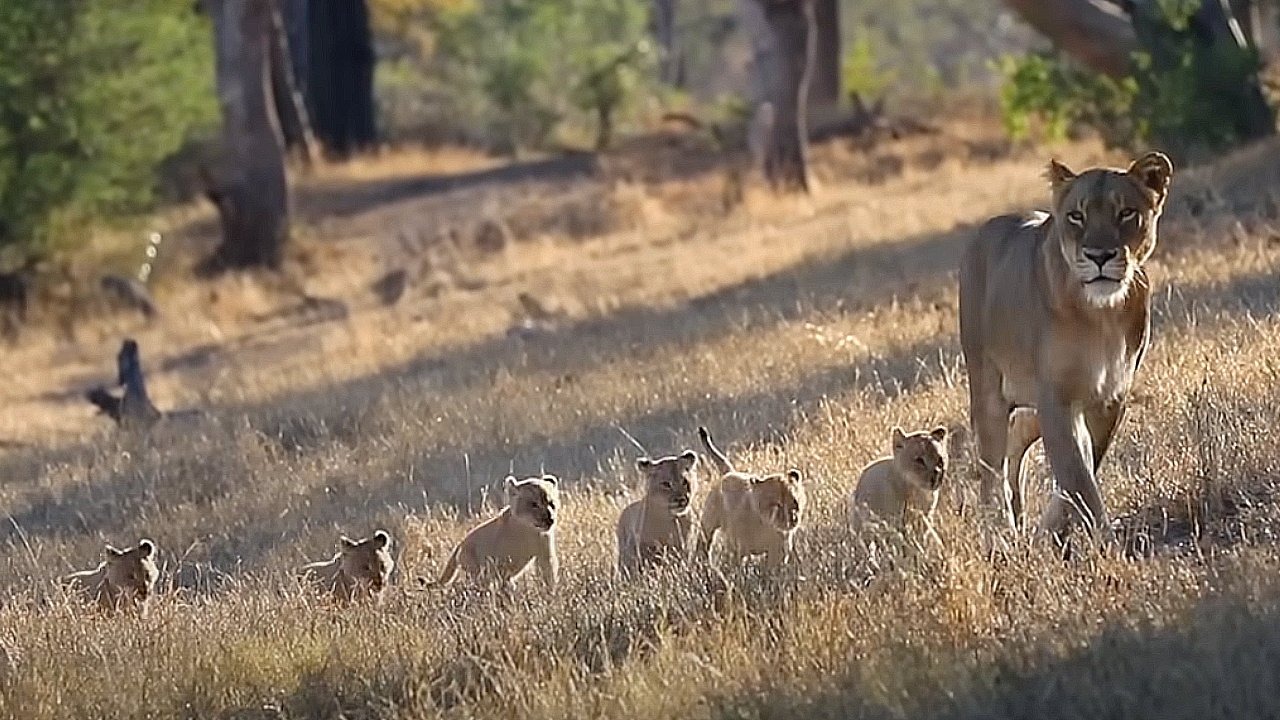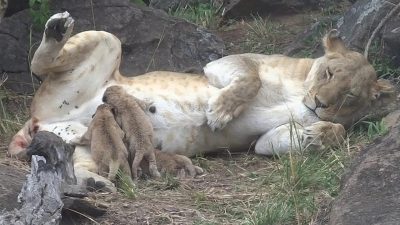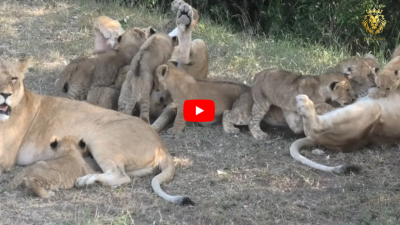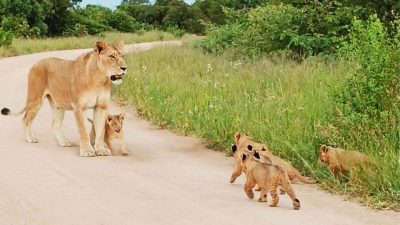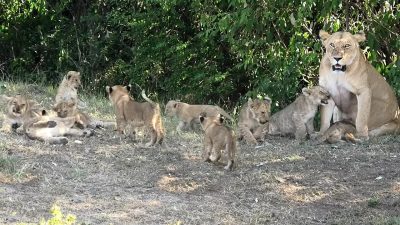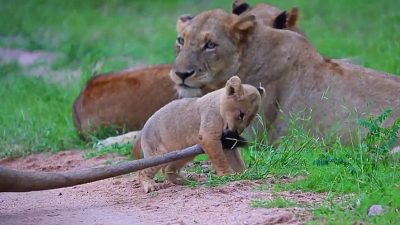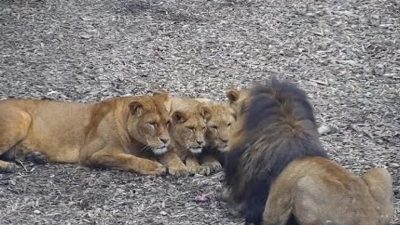Introducing Bianca, the cute new addition to the pride of white lions being saved from extinction in a South African safari park
It is one of the most endangered species in the world but one unique conservation project is taking giant strides in saving the mysterious white lion.
Based just outside Johannesburg the Ukutula Lion Park and Lodge is home to 15 white lions which are being used for invaluable research into the survival of the phenomenal breed.
Pictured here playing with project leader Willie Jacobs, three-month-old Bianca is the latest addition to the growing white lion pride at the park.
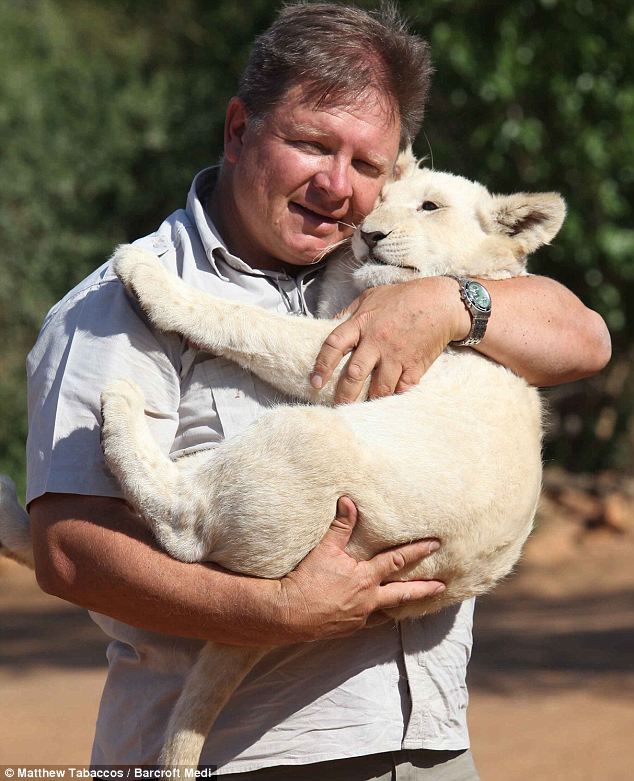
New arrival: Young white lion Bianca with Willie Jacobs, owner of the Ukutula Lion Park and Lodge which is pioneering research into saving the breed
Her stunning fur is the result of a mysterious gene that produces a pure white coat, which occur only when two brown lion carriers of the white lion gene mate and produce offspring.
The 260-hectare park, where Bianca was born, is extraordinary in that it hosts a pride of brown lions capable of producing white lion cubs.
Of the 86 lions living at the park, Willie currently looks after 15 white lions, which are being used for invaluable research into the survival of the phenomenal breed.
Willie bought the site, which was used for breeding lions, five years ago and was quickly astounded by the secrets revealed by the resident pride.
‘The pride male Felix was bought by the previous owner without any knowledge that he carried the white lion gene,’ said Willie, 52.
‘Very soon after we took over white cubs started appearing. We were truly blessed by this fantastic phenomenon appearing on our very doorstep.’
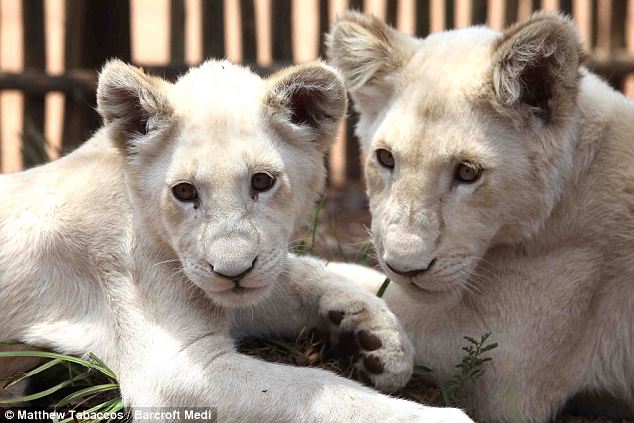
Fighting extinction: Three-month-old Bianca (left) and five-month-old Michelle (right), at the Ukutula Lion Park & Lodge
Willie explained that some white lion farmers inter-breed siblings with the white lion gene or mate parents with their own offspring who also carry the genetic trait.
‘White lions being as rare as they are are a huge attraction to people as well as facilities that host visitors,’ he said.
‘They enjoy having the white lions to show their guests and it’s really an attraction for tourism as well.
‘And because white lions are rare they fetch higher prices and some have been unscrupulous in their breeding practices.
‘This is what we refer to as unethical breeding; we believe that the white lion gene pool is becoming limited because of this.
‘Inbreeding causes weaknesses in the animals. For instance we have observed skeletal deformities, problems with eyesight, there have been reports of kidney problems.
‘There are many problems associated with inbreeding these animals.’
To combat this practice Willie has forged links with the University of Pretoria where genetic samples are provided to a team of scientists working to isolate the gene responsible for the white fur and aid their conservation in the wild.
‘We feel these animals need protection and even the best of motives could harm these animals in the long-run.
‘Our research aims to assist people in gaining knowledge about this phenomenon and to preserve the white lion so future generations can enjoy these beautiful animals.’
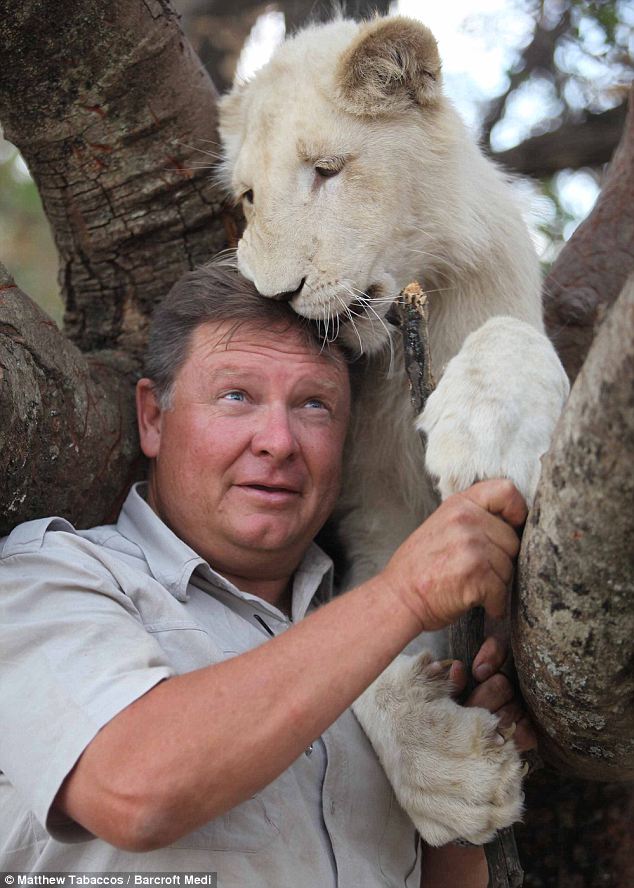
Worth saving: Willie Jacobs proves the friendliness of the white lions at the Ukutula Lion Park and Lodge
Willie added: ‘You are often able to see lions in parks or reserves but a sudden emotional bond is established by touching a little lion cub.
‘Just being able to make eye contact with these beautiful animals for a split second is something very, very special.
‘It ensures that people keep valuing these animals.’
Willie hopes that by isolating the gene that causes the rare white coat the health of the surviving white lions’ gene pool can be maintained as a pedigree, as is found in other species of animals living in captivity.
‘Our ultimate aim is to release these healthy and strong lions back into the wild,’ he explained. ‘We have a program where our lions’ natural instinct towards the bush and the wild is stimulated.
‘As soon as the research comes to a conclusion we will be negotiating with individuals and organisations to have our lions released back into the wild.’
White lions were only first officially recorded in 1938 in the South African region of Timbavati where they originate.
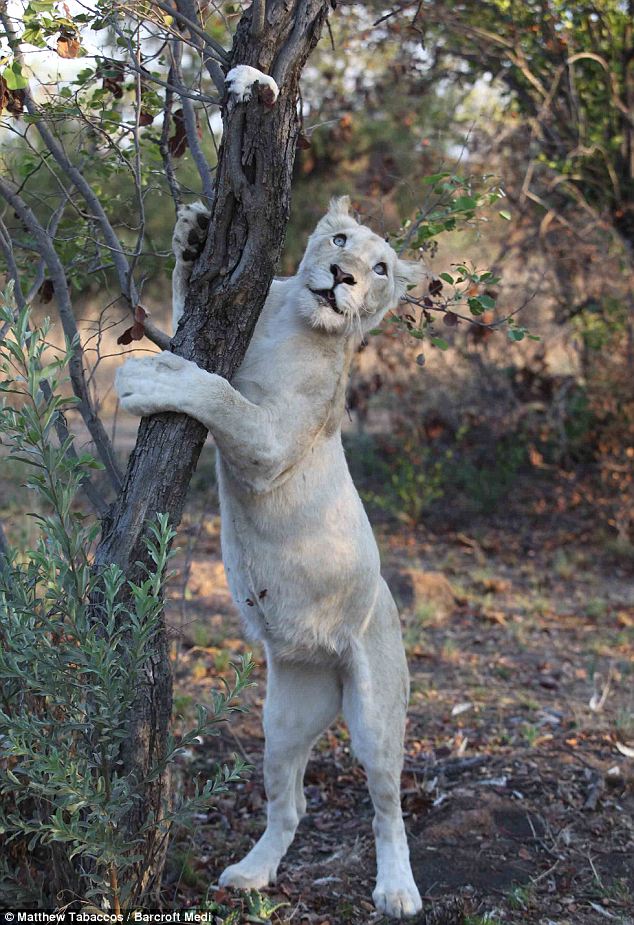
Inquisitive: Bella the White Lion at the Ukutula Lion Park and Lodge`
Since this time they have been targeted by hunters for their rare fur, and less than 100 individuals are thought to survive worldwide.
‘We will always welcome any organisation that will support the project through our research team as it’s all for the good of the species,’ said Willie.
‘We really look forward to the public becoming involved.’

